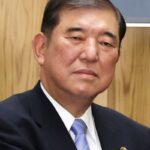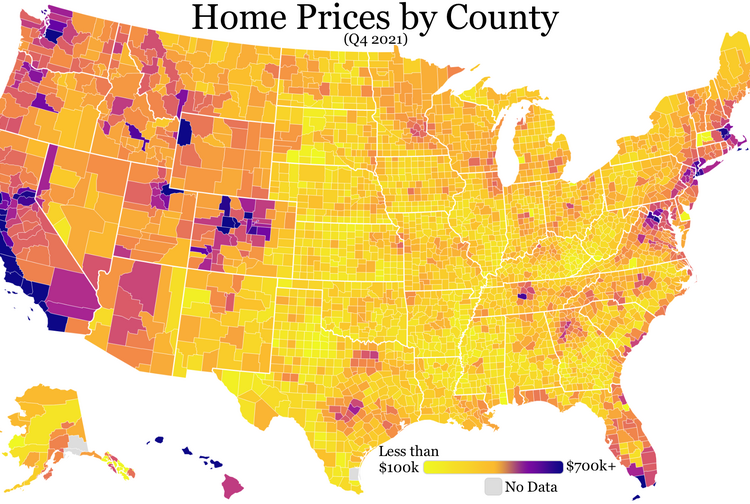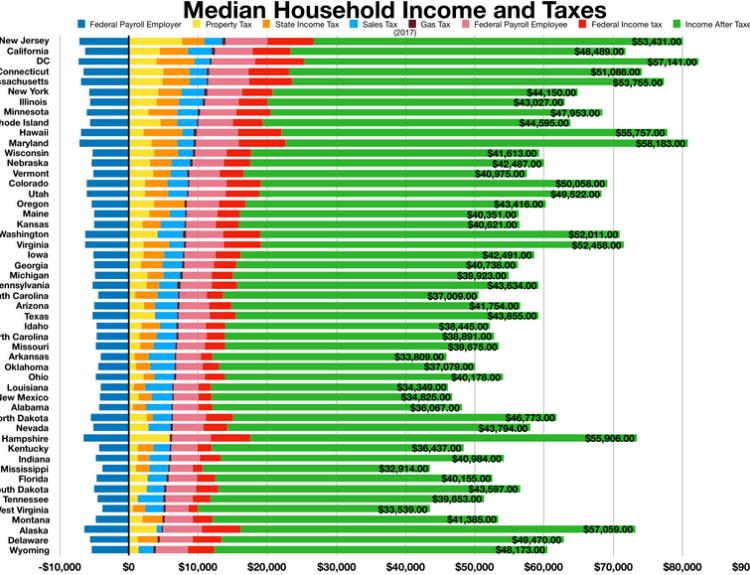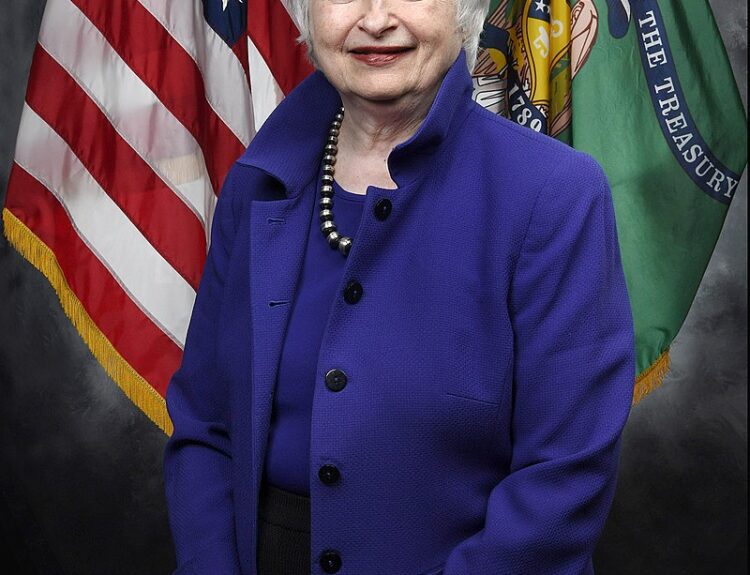A chilling wave of arrests threatens to stifle innovation in Russia’s scientific community.
- At least a dozen Russian scientists arrested over treason allegations related to hypersonics research.
- The arrests have created a climate of fear within the scientific community, stifling research and collaboration.
- Hypersonic missiles are a key focus for Russia, with significant advancements claimed over the West.
- Putin’s government is increasingly paranoid about information leaks, leading to harsh crackdowns on scientists.
- Historical parallels drawn to Stalin’s era of persecution highlight the severity of the current situation.
In recent years, the role of research scientist in Russia has become unexpectedly perilous. Over the past six years, at least a dozen scientists, particularly those involved in high-speed aerodynamics and hypersonics, have been arrested on treason charges. Many of these arrests stem from suspicions of sharing sensitive scientific data with foreign entities, despite some researchers having state approval for international collaboration. The latest case saw a scientist sentenced to 15 years in prison, highlighting the severe consequences of the current climate of fear. nnSergei Davidis, head of a human rights group, describes the situation as a ‘spy mania,’ where the Russian state is hyper-vigilant about information leaks. This has led to a chilling effect on scientific research, as many fear that any involvement in technology related to defense could result in arrest. nnHypersonic missiles, a key project for President Vladimir Putin, are one of the few areas where Russia claims to lead globally. These missiles can travel at speeds exceeding five times the speed of sound, making them difficult to intercept. The Kremlin has acknowledged using these weapons in the ongoing conflict with Ukraine, further intensifying the urgency to protect related research. nnSince the invasion of Ukraine in February 2022, at least six researchers have been detained, raising alarms within the scientific community. The arrests echo a dark chapter in Soviet history, where scientists faced persecution during Stalin’s regime. nnThe current wave of arrests began after Putin’s 2018 address unveiling hypersonic nuclear weapons, and it reflects the Kremlin’s growing paranoia about safeguarding technological advancements. Many of those arrested are respected academics who have contributed significantly to their fields, yet they find themselves targeted for their research. nnThe situation has created a chilling atmosphere where scientists are discouraged from attending international conferences or collaborating with foreign colleagues, reversing the openness that followed the Soviet Union’s collapse. The fear of treason charges looms large, stifling innovation and potentially harming Russia’s scientific progress. nnAs the government tightens its grip on dissent and criticism, the implications for Russian science are dire. The ongoing arrests not only threaten individual researchers but also jeopardize the future of scientific inquiry in the country.·
Factuality Level: 7
Factuality Justification: The article provides a detailed account of the arrests of Russian scientists and the implications for the scientific community. While it presents factual information and quotes from credible sources, there are instances of bias and a narrative that may exaggerate the situation. Some background information, while relevant, could be seen as tangential, and the article occasionally leans towards a dramatic tone.·
Noise Level: 8
Noise Justification: The article provides a detailed analysis of the current situation regarding the arrests of scientists in Russia, linking it to broader themes of state control, paranoia, and the implications for scientific progress. It holds powerful figures accountable by discussing the consequences of their actions on the scientific community and includes historical context, which adds depth. The article stays on topic, supports its claims with evidence, and offers insights into the chilling effect on research in Russia.·
Key People: Sergei Davidis (Head of the political prisoners support program at Memorial), Dmitry Peskov (Kremlin spokesman), Yevgeny Smirnov (Lawyer), Alexander Shiplyuk (Leading specialist in high-speed aerodynamics), Anatoly Maslov (Specialist in high-speed aerodynamics), Alexander Kuranov (Eminent physicist), Viktor Kudryavtsev (Expert on the dynamics of gases and liquids), Roman Kovalev (Colleague of Viktor Kudryavtsev)
Financial Relevance: No
Financial Markets Impacted: The article discusses the arrests of scientists in Russia related to hypersonic missile research, which could indirectly affect defense contractors and military technology markets, but does not detail a specific event impacting financial markets directly.
Financial Rating Justification: The article primarily focuses on the political and social implications of the arrests of scientists in Russia, rather than on financial topics or direct market impacts.·
Presence Of Extreme Event: No
Nature Of Extreme Event: Other
Impact Rating Of The Extreme Event: No
Extreme Rating Justification: The article discusses the arrests of scientists in Russia due to state security concerns, but it does not describe an extreme event that occurred in the last 48 hours.·
Move Size: No market move size mentioned.
Sector: All
Direction: Down
Magnitude: Large
Affected Instruments: Stocks
 www.wsj.com
www.wsj.com 





